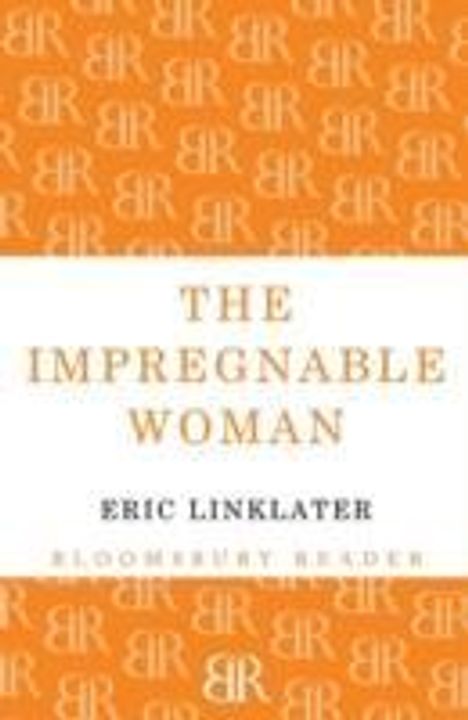Eric Linklater: The Impregnable Women, Kartoniert / Broschiert
The Impregnable Women
Lassen Sie sich über unseren eCourier benachrichtigen, sobald das Produkt bestellt werden kann.
- Verlag:
- Bloomsbury Publishing PLC, 01/2030
- Einband:
- Kartoniert / Broschiert
- Sprache:
- Englisch
- ISBN-13:
- 9781448204045
- Umfang:
- 272 Seiten
- Maße:
- 198 x 129 mm
- Stärke:
- 14 mm
- Erscheinungstermin:
- 1.1.2030
- Hinweis
-
Achtung: Artikel ist nicht in deutscher Sprache!
Ähnliche Artikel
Klappentext
The Next Great War begins, and soon all Europe is involved. The war lasts a year - and then the women, robbed of husbands and sweethearts and sons, grow doubtful of the benefits of military policy, and begin to think that victory will come too late to do them any good. But what can they do? A remedy was discovered by Aristophanes about 2350 years ago. It is re-discovered and re-applied. And it is again successful. This is an Aristophanic comedy, and takes some Aristophanic liberties. It is satirical when the author pleases and when he cares to be serious he is very serious indeed. There is no monotony. The story shifts from realism to wild burlesque; from earnest appeal to uproarious extravagance. The final scenes are in Edinburgh. Aristophanes made his insurgent women seize the Acropolis - here they take possession of Edinburgh Castle, as tall an eminence, and hold it against the infuriated men. The fight for the Castle is the culminating incident in a vigorous and many-sided novel.




